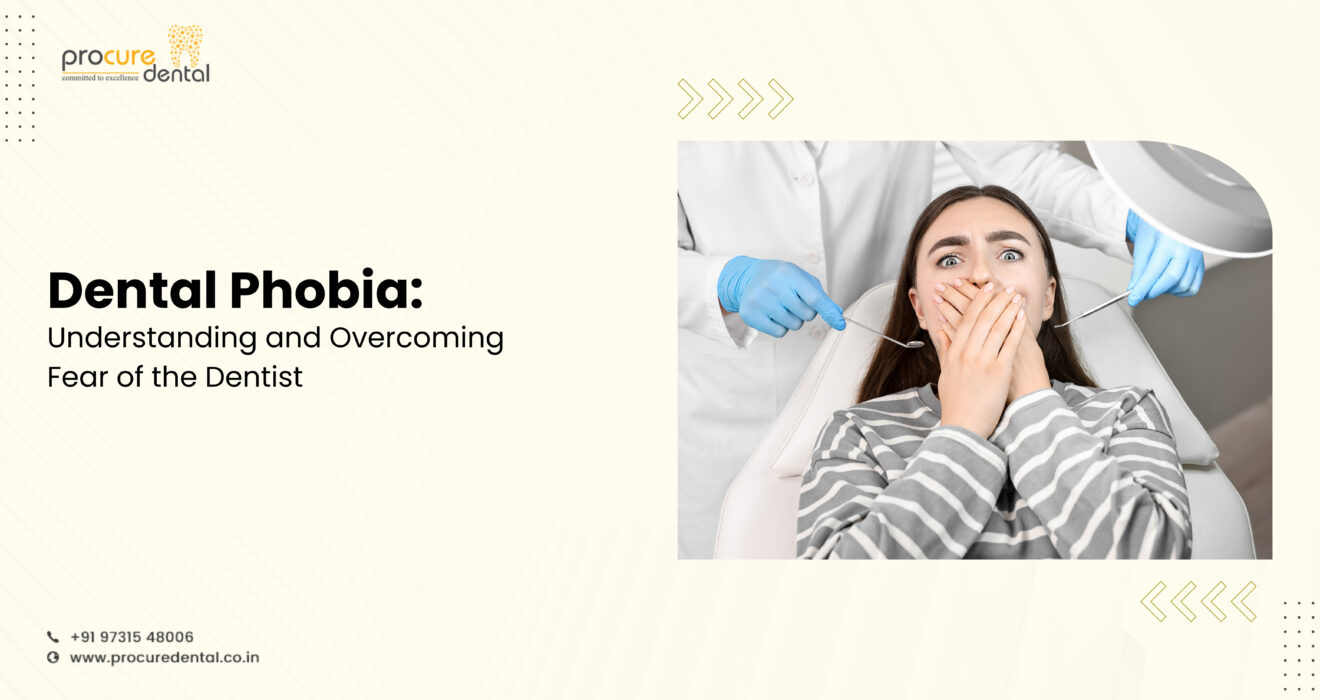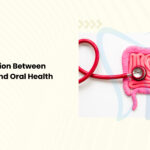Dental Phobia: Understanding and Overcoming Fear of the Dentist
For some people, going to the dentist is just another routine task. But for others, it’s a stressful and scary experience. If the thought of sitting in a dental chair makes your heart race, you’re not alone. Dental fear is real, and it keeps many people from getting the care they need—sometimes until it’s too late.
The good news? You can manage and even overcome your fear. Let’s look at why people are afraid of the dentist, how it affects your health, and simple ways to make your next visit less stressful.
Why Are People Afraid of the Dentist?
1. Bad Past Experiences
A painful visit as a child, a rough dentist, or an uncomfortable procedure can leave a lasting impression. These memories can make it hard to trust dentists again.
2. Fear of Pain
Nobody wants to feel pain. Even though modern dentistry has ways to keep treatments pain-free, some people still worry—especially if they’ve had a bad experience before.
3. Feeling Helpless or Embarrassed
Lying back in a chair while someone works on your mouth can make you feel vulnerable. If you’re self-conscious about your teeth, you might also feel embarrassed and avoid going altogether.
4. Scary Noises and Needles
The sound of a drill or the sight of a needle can make some people panic. Even if the procedure doesn’t hurt, these things can still cause anxiety.
5. Movies and Horror Stories
TV shows, movies, and exaggerated stories from friends can make the dentist’s office seem terrifying. But in reality, modern dental care is much gentler than what you might expect.
How Avoiding the Dentist Affects Your Health
Skipping the dentist doesn’t just mean missing a cleaning—it can lead to serious health issues:
- Cavities and Gum Disease – Small dental problems can turn into big ones when left untreated.
- Tooth Loss and Infections – Ignoring pain can lead to infections and even losing teeth.
- Bad Breath and Stained Teeth – Poor oral hygiene can affect your confidence and interactions with others.
- Overall Health Issues – Poor dental health has been linked to heart disease, diabetes, and even lung infections.
Myths vs. Facts About the Dentist
Myth: Dental treatments always hurt.
Fact: Modern dentistry uses numbing gels, anesthesia, and sedation to keep treatments pain-free.
Myth: If my teeth don’t hurt, I don’t need a dentist.
Fact: Many dental issues start without pain. Regular checkups catch problems before they get worse.
Myth: Dentists will judge me for my bad teeth.
Fact: A good dentist is there to help, not judge. Their goal is to improve your health, no matter where you’re starting from.
Myth: Dental X-rays are dangerous.
Fact: Modern dental X-rays use very little radiation and are completely safe.
How to Overcome Dental Fear
1. Find a Kind and Understanding Dentist
Some dentists specialize in treating anxious patients. Look for one who offers sedation, a calm environment, and a gentle approach.
2. Talk About Your Fear
Tell your dentist how you feel. A good one will take extra steps to make sure you’re comfortable and in control.
3. Use Relaxation Techniques
Try deep breathing, meditation, or listening to music before and during your visit to stay calm.
4. Bring a Friend or Family Member
Having someone with you can make you feel more relaxed and supported.
5. Ask About Pain-Free Options
From numbing gels to full sedation, modern dentistry offers many ways to make your visit pain-free.
6. Start Small
If a full checkup feels overwhelming, start with something simple like a cleaning.
7. Treat Yourself Afterward
Plan a reward for after your visit—whether it’s a nice coffee, a movie, or just relaxing at home.
Final Thoughts
Dental fear is common, but it doesn’t have to control your health. Taking small steps, finding the right dentist, and using relaxation techniques can make your visits much easier. Remember, a good dentist is there to help, not hurt.
If fear has been holding you back, take the first step today. Your smile—and your overall health—are worth it!


